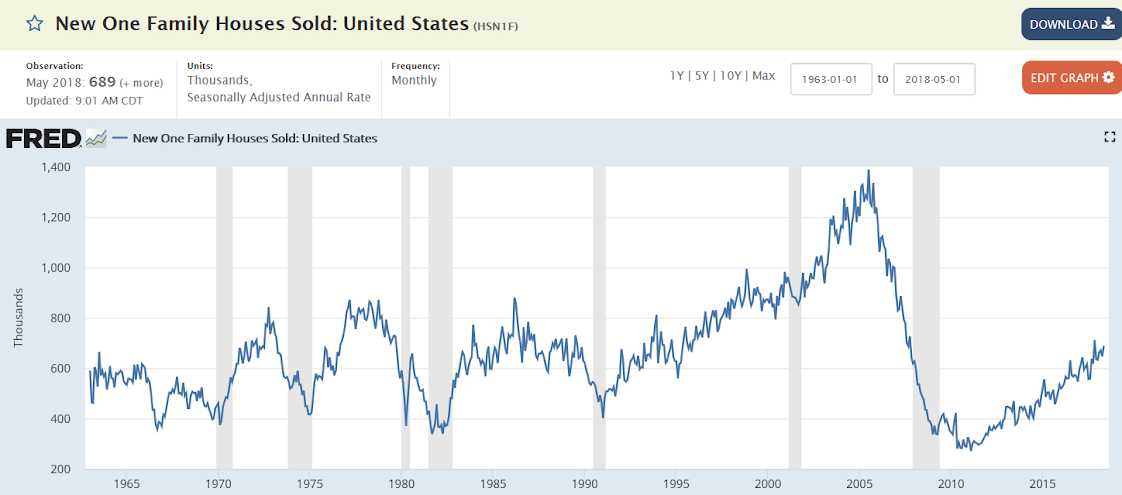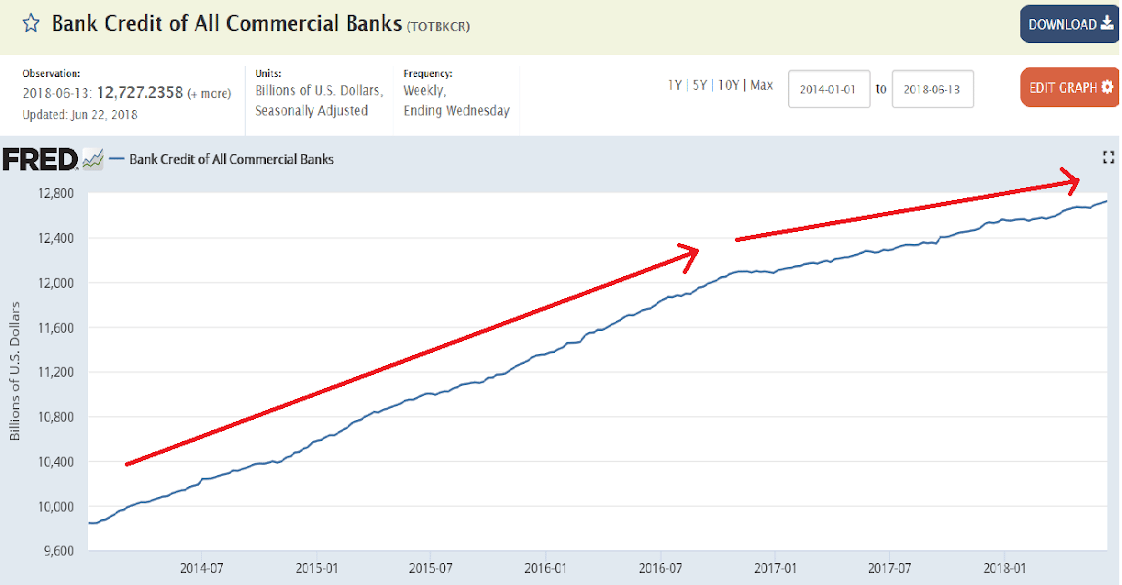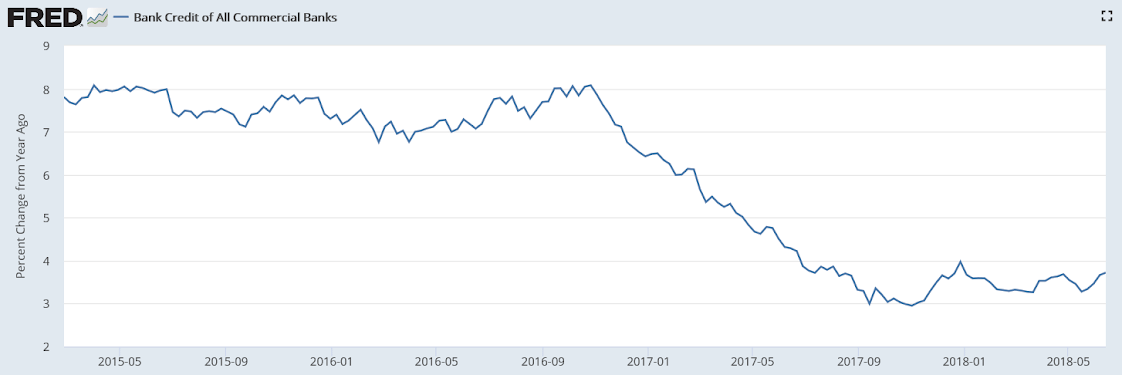Up more than expected, but last month revised quite a bit lower as well, as housing overall remains depressed: This is not population adjusted: OPEC ministers strike deal on oil production levels A source confirmed to CNBC that a deal has been struck and a statement critical of the U.S. that Iran wanted to include would not be in the final communique. A report from Reuters put the agreed upon level at a boost in oil output by around 1 million barrels per day (bpd). The market is awaiting a press conference with oil ministers for more details on the agreement. First, the Saudis remain as price setter, setting price through their discount policies and then selling all the crude their refiners want to buy at those prices. So for any given level of demand, opec members will
Topics:
WARREN MOSLER considers the following as important: Economic Releases
This could be interesting, too:
WARREN MOSLER writes Consumer sentiment, real retail sales, industrial production, wages
WARREN MOSLER writes New manufacturers orders, vehicle sales, unemployment claims, rents, oil prices
WARREN MOSLER writes Saudi price hike, private payrolls, new hires, corporate profits
WARREN MOSLER writes Pending home sales, Durable goods orders, oil rigs and production
Up more than expected, but last month revised quite a bit lower as well, as housing overall remains depressed:

This is not population adjusted:

OPEC ministers strike deal on oil production levels
A source confirmed to CNBC that a deal has been struck and a statement critical of the U.S. that Iran wanted to include would not be in the final communique. A report from Reuters put the agreed upon level at a boost in oil output by around 1 million barrels per day (bpd). The market is awaiting a press conference with oil ministers for more details on the agreement.
First, the Saudis remain as price setter, setting price through their discount policies and then selling all the crude their refiners want to buy at those prices.
So for any given level of demand, opec members will now be able to sell up to 1 million barrels per day more, if they can produce it. Most have probably already been reasonable close to producing at full production, so their total increases are likely to be maybe 500,000 bpd.
Therefore, if non Saudi production does increase, for any given level of demand the Saudis will see that much less demand for their output, which would then fall by that amount.
That means the Saudi’s price setting policy remains unchanged.
Tariffs that hit companies are (ultimately) passed through to consumers:
Trump administration’s new tariffs hit US consumers less, companies more
Consumer goods account for 1 percent of items on the June 15 lists from the the U.S. trade representative, down from 12 percent on the April 3 list, according to a report from the Peterson Institute for International Economics. The revisions follow public pushback and come as Republicans try to hold their majority in Congress during November’s midterm elections. For its part, Beijing’s new tariff lists “stayed far away from supply chains. They wanted to signal to the rest of the world that they are still a good place to provide value,” said Mary Lovely, economics professor at Syracuse University and nonresident senior fellow at the Peterson Institute.
Still way down, and it happened pretty much all at once with the election:


